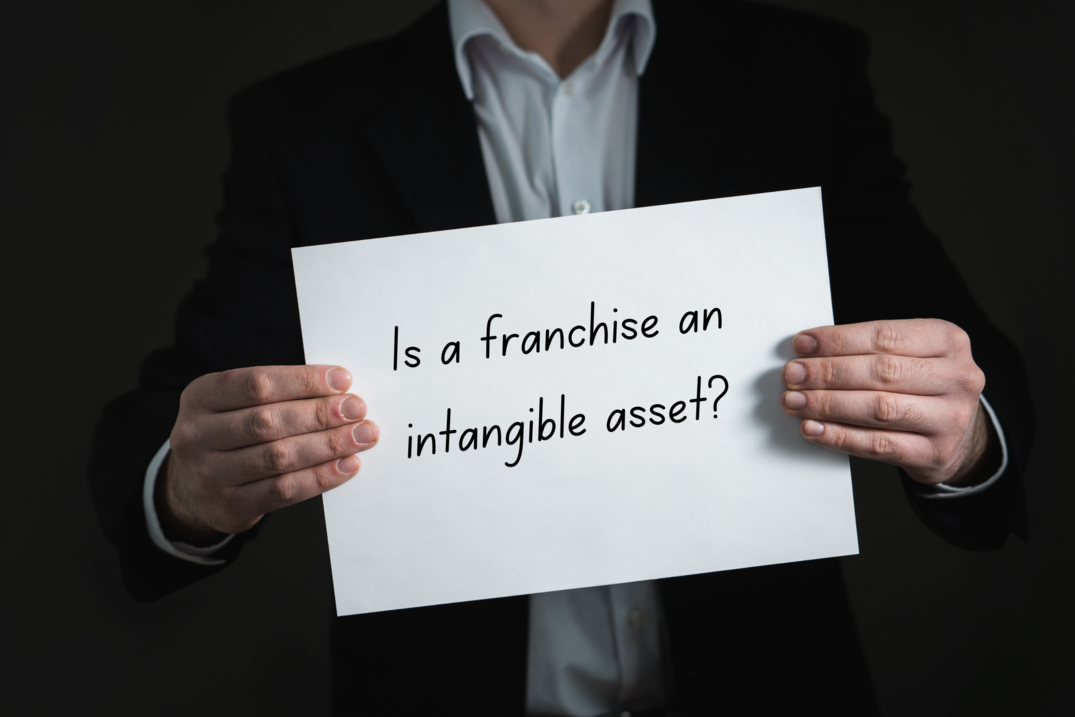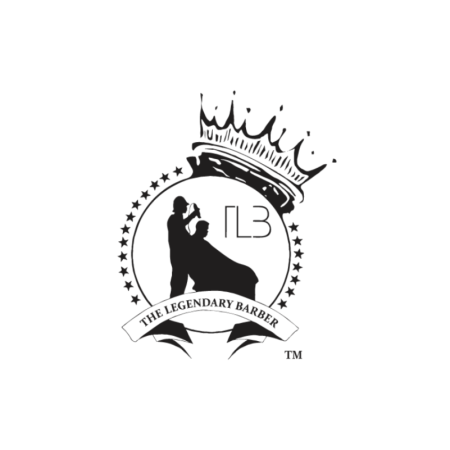The concept of a franchise is not a new one; in fact, franchising has been a popular business model for many years. However, when it comes to discussing the concept of assets, there is often confusion over whether or not a franchise should be classified as an intangible asset. In this article, we will answer whether a franchise can be classified as an intangible asset and the factors that should be considered when making this determination.
The Characteristics of Intangible Assets
Intangible assets are non-physical assets that lack a physical substance but have value to a company. There are several key characteristics that define intangible assets. First, intangible assets are typically not physical objects and cannot be touched or seen. They exist in the form of legal rights, patents, copyrights, trademarks, and brand names. Second, intangible assets are often difficult to quantify and value. Unlike tangible assets, such as buildings or equipment, the value of intangible assets is often subjective and based on future projections. Third, intangible assets have a longer lifespan compared to physical assets. They can provide long-term value to a company, even if they don’t physically deteriorate over time. Finally, intangible assets can be transferred or licensed to others, allowing for additional revenue streams. Understanding these characteristics is crucial when determining if a franchise can be classified as an intangible asset.
Can a Franchise Be Considered an Intangible Asset?
Franchises have often been a subject of debate when it comes to classifying them as intangible assets. On the one hand, they do possess many characteristics that align with intangible assets. Franchises are not physical objects and cannot be touched or seen. They exist in the form of legal rights, trademarks, and brand names. Furthermore, franchises have a long lifespan and can provide ongoing value to a company. They can also be transferred or licensed to others, generating additional revenue. However, there are arguments against classifying franchises as intangible assets, as they also involve physical elements such as buildings, equipment, and inventory. Ultimately, the classification of a franchise as an intangible asset depends on various factors, including the specific terms and rules of the franchise agreement.
The Benefits of Having a Franchise as an Intangible Asset
Having a franchise classified as an intangible asset can offer several benefits for a company. Firstly, it provides a valuable revenue stream through the licensing or transfer of the franchise. This allows companies to expand their reach and generate additional income without the need for significant capital investments. Secondly, franchises can contribute to brand recognition and customer loyalty, enhancing the overall value of a company’s intangible assets. Thirdly, since franchises have a long lifespan, they can provide a steady and reliable source of income over an extended period. Additionally, franchises can offer economies of scale, as the franchisor can benefit from the growth and success of each franchisee. Overall, classifying a franchise as an intangible asset can bring numerous advantages to a company’s financial position and growth prospects.
How to Value a Franchise as an Intangible Asset
When it comes to valuing a franchise as an intangible asset, there are several factors to consider. Firstly, it is important to assess the brand strength and recognition associated with the franchise. This can be done by examining the franchise’s market share, customer loyalty, and brand reputation. Secondly, the financial performance of the franchise should be analysed. This includes looking at revenue, profitability, and cash flow. Additionally, the franchise agreement and any relevant legal rights should be evaluated to determine the exclusivity and transferability of the franchise. Finally, the future growth potential of the franchise and its ability to generate long-term value should also be taken into account. By considering these factors, a company can accurately assess the value of a franchise as an intangible asset.
Summary
This article has now answered the question of whether or not a franchise can be classified as an intangible asset. We have also discussed the characteristics of intangible assets, such as their lack of physical substance, difficulty in valuation, long lifespan, and ability to be transferred or licensed. We also examined the arguments for and against classifying franchises as intangible assets, considering both their intangible aspects and physical elements. Additionally, we explored the benefits of having a franchise as an intangible asset, including additional revenue streams, brand recognition, customer loyalty, and economies of scale. Finally, we discussed how to value a franchise as an intangible asset, taking into account factors such as brand strength, financial performance, franchise agreement, and future growth potential. Overall, classifying a franchise as an intangible asset can bring numerous advantages to a company and its financial position.










